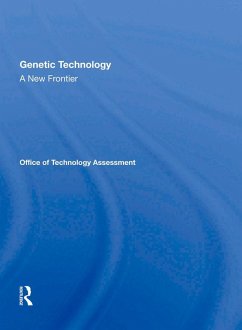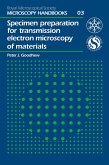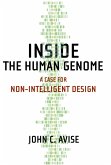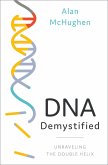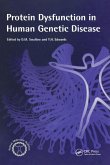First published in 1982 . This report examines the application of classical and molecular genetic technologies to micro-organisms, plants, and animals. This book is one of the first comprehensive documents on emerging genetic technologies and their implications for society. The authors discuss the opportunities and problems involved, describe current techniques, and attempt to project some of the economic, environmental, and institutional impacts of those techniques. The issues they raise go beyond those of technology, utility, and economic feasibility. As we gain the ability to manipulate life, we must face basic questions of just what life means and how far we can reasonably-and safely-allow ourselves to go.
Dieser Download kann aus rechtlichen Gründen nur mit Rechnungsadresse in A, B, BG, CY, CZ, D, DK, EW, E, FIN, F, GR, HR, H, IRL, I, LT, L, LR, M, NL, PL, P, R, S, SLO, SK ausgeliefert werden.

